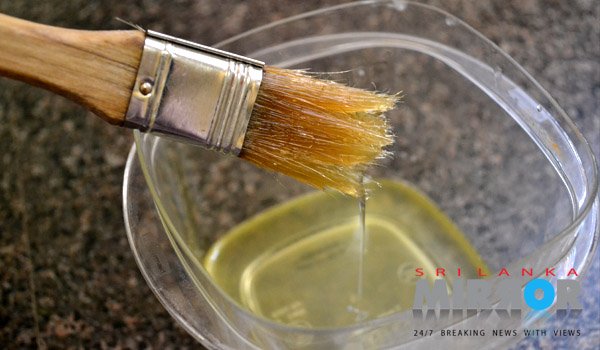Speaking to 'Sri Lanka Mirror', Deputy Director Asela Bandara has said that CAA is holding continuous investigations into the issue.
Based on complaints as well as sporadic field checks, samples from the market are taken and sent to the labs of the Coconut Development Authority and to the Analyst. Accordingly, the percentages of Palm oil mixed into the coconut oil can be identified, he added.
When looked from the consumers' perspective, this situation is grievous indeed, he further said.
As coconut oil is comparatively expensive, the cheaper palm oil is mixed with by vendors to accumulate larger sales profits, Mr. Bandara said.
Legal redress will be sought if a certain vendor is caught selling impure coconut oil, he said. "If it is a small scale shop, the vendor will face a Rs. 10,000 fine or a six-month prison sentence... If it is a private company, it will face a fine upto Rs. 100,000," he added.
The CAA urges public to purchase coconut oil only from trusted shops and vendors.






